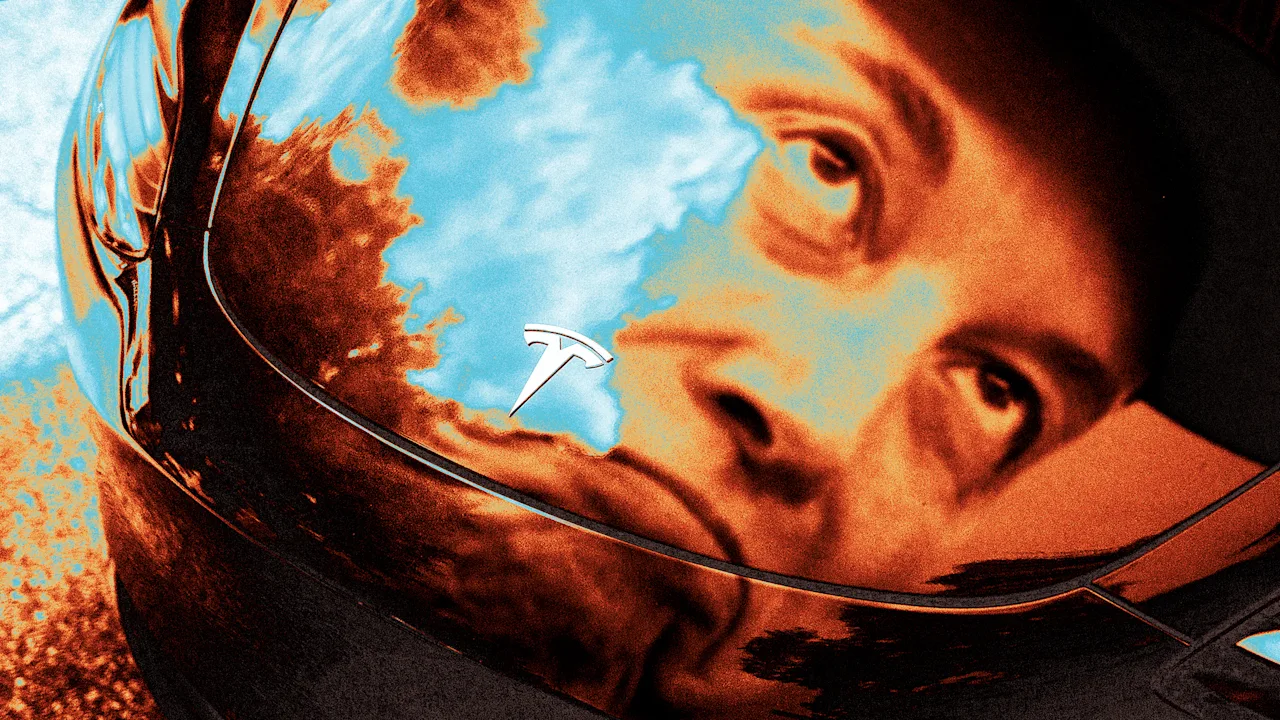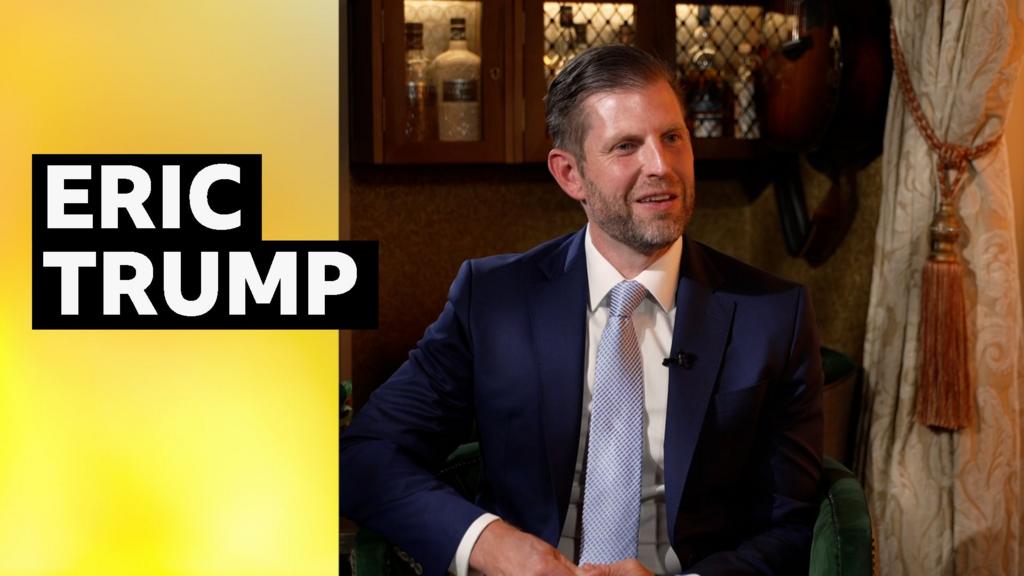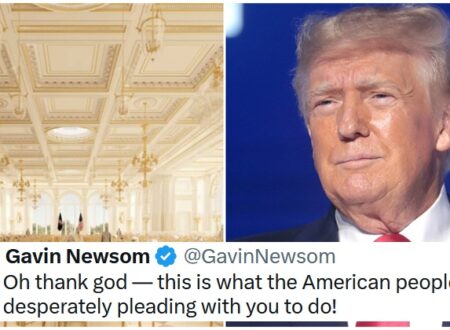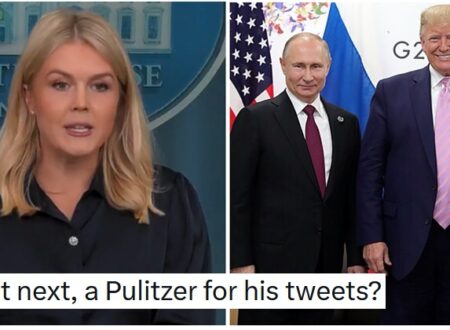Is Elon Musk’s behavior making liberals dislike all EVs—not just Teslas?

Elon Musk’s personal brand has taken a massive hit since the tech billionaire began aligning himself with a conservative base and publicly feuding with President Trump. Unsurprisingly, his involvement in right-wing politics has turned many prospective buyers away from his EV company, Tesla. But according to a new study, Musk’s antics might have a broader, more concerning implication: making liberals less likely to purchase any electric vehicle at all.
The study, conducted by a team of researchers from multiple American universities and published in the journal Nature, tracked how conservative and liberal views of Tesla, Musk, and EVs have shifted from 2023 to 2025. According to Alexandra Flores, a psychologist at Williams College and lead author of the study, the team initially expected that liberals’ views on EVs would remain stable over time, whereas conservatives would start to become more positive about EVs—or at least Teslas—given Musk’s politically rightward lurch in recent years.
What they found was the exact opposite. Conservatives’ disinterest in both generic EVs and Teslas continued over time, whereas liberals’ desire to purchase a Tesla or other make of electric vehicle actually decreased. “In other words, we expected Musk to depolarize the EV space by bringing conservatives more in line with liberals’ views,” Flores says. “Instead, we found that liberals’ purchase intentions looked increasingly like conservatives’ as the study continued.”
Today, liberals are not only turning against Teslas but also EVs more generally. The researchers believe this may be due, at least in part, to Musk’s persona becoming intrinsically linked to public perceptions of the EV market.
Liberals sour on Tesla—and on EVs
Flores and her team pulled their data from a series of five studies, starting in August 2023 and ending in March 2025.
In an early 2023 survey, conservatives reported equally low intentions to purchase both a generic EV and a Tesla—meaning, contrary to the researchers’ hypothesis, Musk’s right-wing politics did not seem to be boosting Tesla or EV support among conservatives. Meanwhile, liberal respondents were much more likely to express interest in a generic EV but showed significantly lower interest in a Tesla, demonstrating a powerful negative bias toward the brand.
In 2025, conservatives’ sentiments around both Teslas and EVs haven’t changed much. At the same time, liberals have become more negative toward Tesla—and even soured on generic EVs as well.
“In the 2023 surveys, we see liberals’ [EV] purchase intentions are well above the ‘neutral’ or ‘undecided’ midpoint of our scales. By the last survey in March 2025, they’ve dropped to that neutral midpoint for generic EVs and into ‘negative’ intentions for Teslas,” Flores says. “So, liberals went from positive views on EVs in 2023 to negative views on Teslas, and neutral-shading-to-negative views toward EVs in general.”
According to the researchers’ analysis, there is market signal to suggest that Americans have a lower opinion of Tesla’s brand compared to EVs in general, though with some nuances. As Fast Company has reported, Tesla still holds the most EV market share of any brand in the U.S., but that percentage is quickly declining as other brands like GM and Ford catch up.
And while EV sales have risen steadily since 2019 (suggesting that EVs overall are becoming more mainstream), Tesla’s global and U.S. sales have plateaued since mid-to-late 2023, the study’s authors note. Last quarter, Tesla’s deliveries fell 13% and revenue dropped 12%—the two largest respective declines in the company’s history.
The “Tesla backlash effect”
EV sales may be rising overall, but this new study suggests that liberal sentiment around them has become less positive. In an explanation posted on Substack, coauthor Matthew Burgess noted that to find out whether these cooling effects were specifically related to respondents’ opinions about Musk, participants in the last three surveys were asked to rate the CEO along four common dimensions: likability, trustworthiness, competence, and intelligence.
“We found that it was specifically liberals and moderates with low opinions of Musk who exhibited preferences for generic EVs over Teslas (and conservatives somewhat in the last survey),” Burgess wrote. “We also found that liberals’ negative intentions to purchase EVs in general in the last survey (March 2025) were associated with negative opinions of Musk.”
Flores is careful to note that this data is only correlational, not causal. It’s possible that there are alternative explanations for these patterns in EV purchase intentions. The EV market in the U.S. is currently at an uncertain juncture, given that EV tax credits will be nixed on September 30. And while Tesla’s Q2 2025 results do reflect a significant decline in revenue and deliveries, the company is also facing external headwinds like a major spike in global competitors.
Still, Flores says, the study data suggests that liberals’ cooling toward EVs was preceded by their negative views of Teslas—views that were, in turn, associated with their opinions about Musk. The study’s authors have termed this the “Tesla backlash effect.”
“The suspicion is that Elon Musk became so synonymous with EVs in the U.S. that perceptions of him affected the entire class of vehicles,” Flores told The Guardian. “This made them way less appealing to liberals. He really dragged down perceptions of EVs in general. It’s definitely unusual to have a chief executive have an impact on a whole class of products like this.”
What's Your Reaction?
 Like
0
Like
0
 Dislike
0
Dislike
0
 Love
0
Love
0
 Funny
0
Funny
0
 Angry
0
Angry
0
 Sad
0
Sad
0
 Wow
0
Wow
0























































![Big Brother Recap: Lauren’s Snoozy HOH Comes to an End, as [Spoiler] Is Evicted From the House](https://tvline.com/wp-content/uploads/2025/07/Big-brother-eviction-week-3.png?#)




































